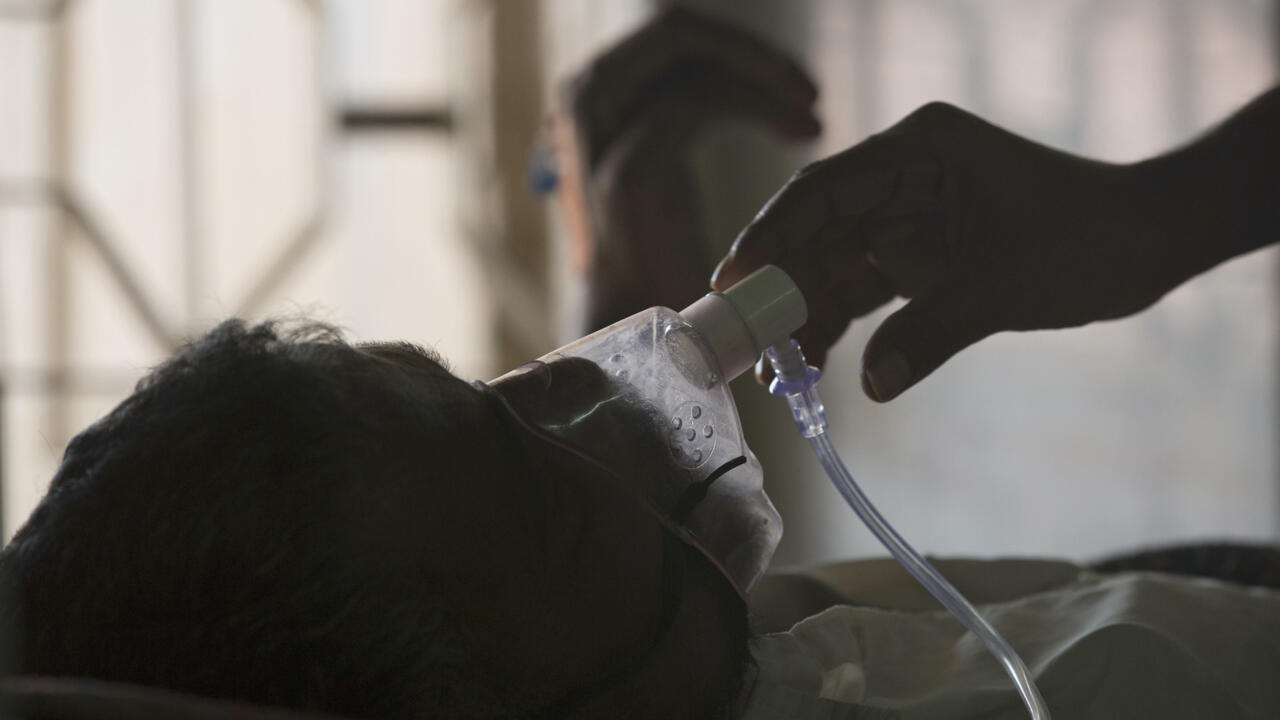India considers rules on 'passive' euthanasia as doctors prescribe caution
 www.rfi.fr
www.rfi.fr
While India does not permit “active” euthanasia, which involves use of substances such as lethal injections or external force to end life, court rulings have permitted clinicians to withhold life-prolonging treatment in certain cases.
Now the government has drafted guidelines to standardise such decisions and is seeking expert feedback on the proposals. According to the Health Ministry’s draft, published on 30 September, doctors must take considered decisions in a patient’s best interest in cases involving an incurable condition from which death is inevitable in the foreseeable future.
Association president RV Asokan warned that “the guidelines could expose doctors to legal scrutiny and increase stress in their decision-making”. “The perception and assumption that machines are unnecessarily used to prolong lives is wrong. It exposes doctors to legal scrutiny,” he told news agency PTI.
Meanwhile many Christian activists are opposed to any form of euthanasia, which they argue is ripe for abuse. “Relatives may want to get rid of an old patient who they take to be a burden on them and their freedom,” John Dayal, former president of the All India Catholic Union, told RFI. “In a land where kidneys are stolen from beggars and rickshaw-pullers when they have been drugged into sleep, can we trust the medical profession and the law and justice system to be the watchdog guardian?”
But others involved in frontline care said the guidelines would help close a regulatory gap.
“We have been doing this for years,” said Sushma Bhatnagar, a professor of palliative care at the All India Institute of Medical Sciences in Delhi, whose experts helped formulate the guidelines. “Once we know that a patient is terminal, we counsel them and their family members to withdraw care. They are usually made comfortable and sent home. However, there was no guideline or legal procedure for the same,” she told the Indian Express.
Except in cases of medical emergency, she said, many patients prefer to spend their final days with their family rather than in intensive care.
By next year, 189 million people will be over 60 years of age and fuel demands for 175 million additional hospital beds in India, where 32 million people fall below an official poverty line every year because of medical bills.